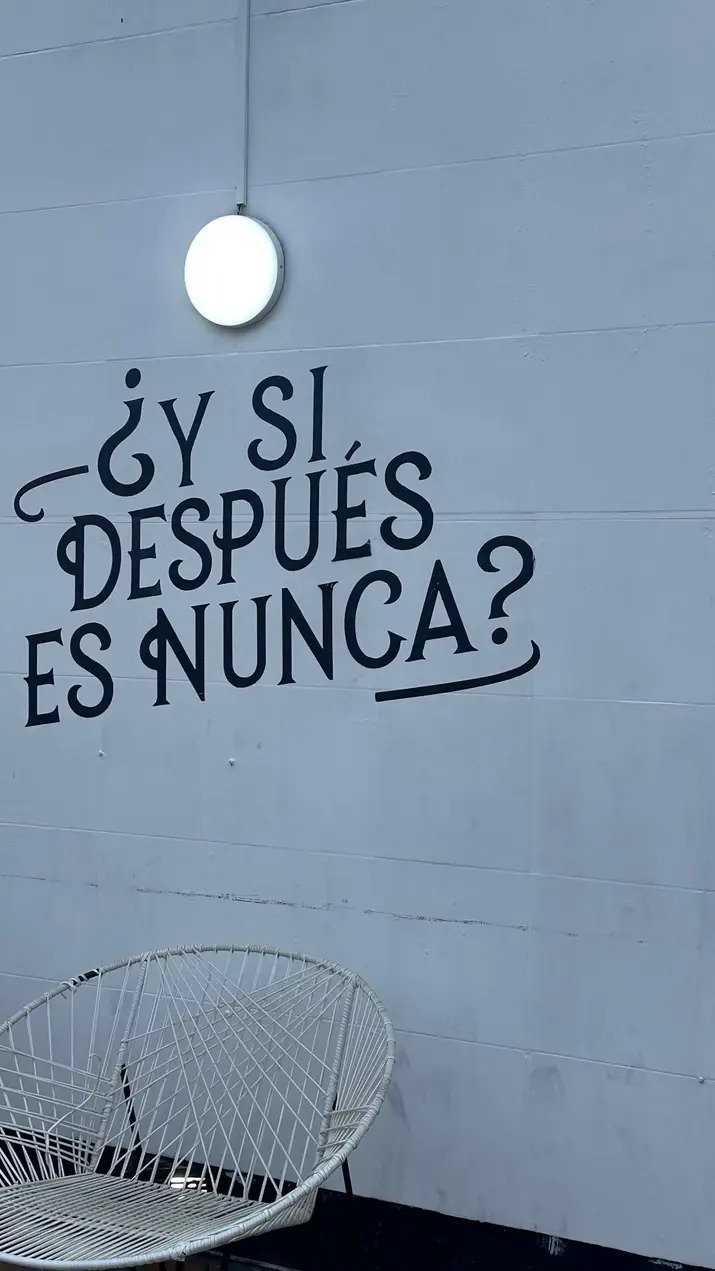
Sometimes I catch myself living in a future tense, talking about plans as if they are promises already signed. The painted question on that wall, what if later is never, hit me like a small, honest alarm. I am not chasing a big revelation or some dramatic rehaul of my habits. Mostly I am tired of keeping my life on layaway, handing pieces of myself over to a day that is always arriving. I work, I clean, I sleep, and I keep telling myself that the real things wait down the road. The words from the wall undo a quiet lie I repeat: that the present lacks value. That lie grows roots in tiny excuses, in postponed calls, in mornings I spend scrolling instead of noticing what I am actually doing. It is small stuff that steadily wears me down.
Walking through that abandoned place made all of this loud in a way I did not expect. The building smelled like old rain and dust, the ceiling peeling like a tired skin. In the doorway a silhouette framed the light, small and anonymous, an invitation and a warning all at once. I thought of all the rooms we abandon inside ourselves, closets where we hide half remembered desires and tiny acts of courage. The graffiti felt like human punctuation, messy and immediate. Being there I realized that neglect is not always violent; most of the time neglect is polite and patient, it waits for us to return and forgives us when we do not. Its silence had a patient waiting voice and that voice kept asking whether absence becomes habit or whether habit becomes an answer.
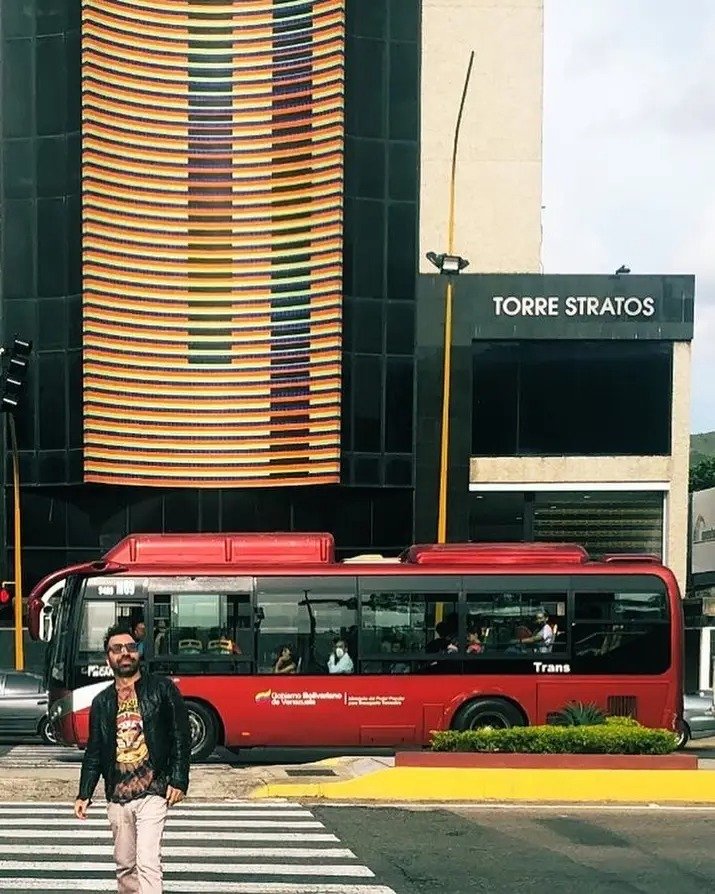
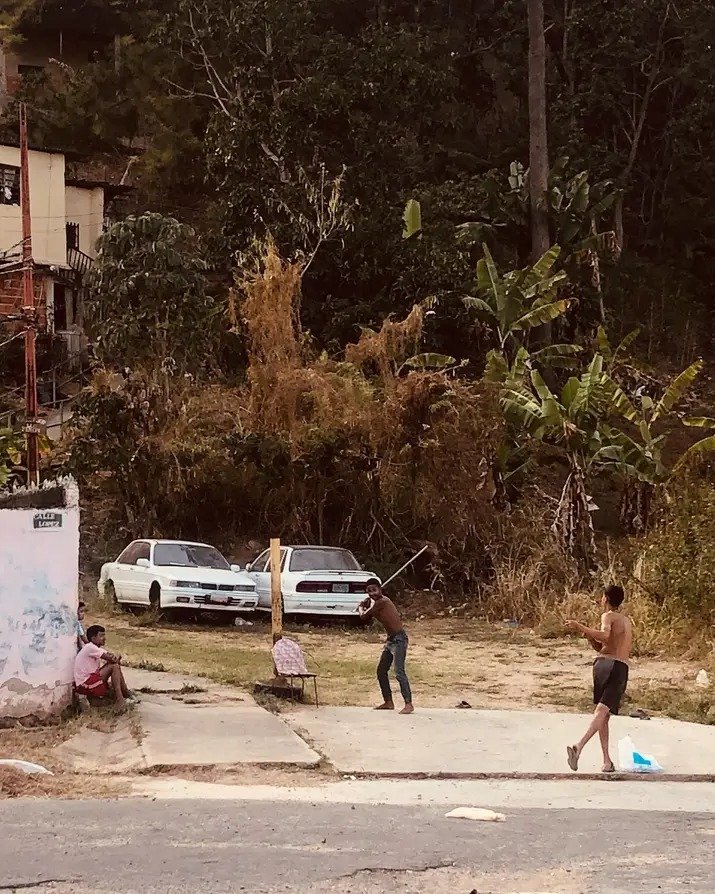
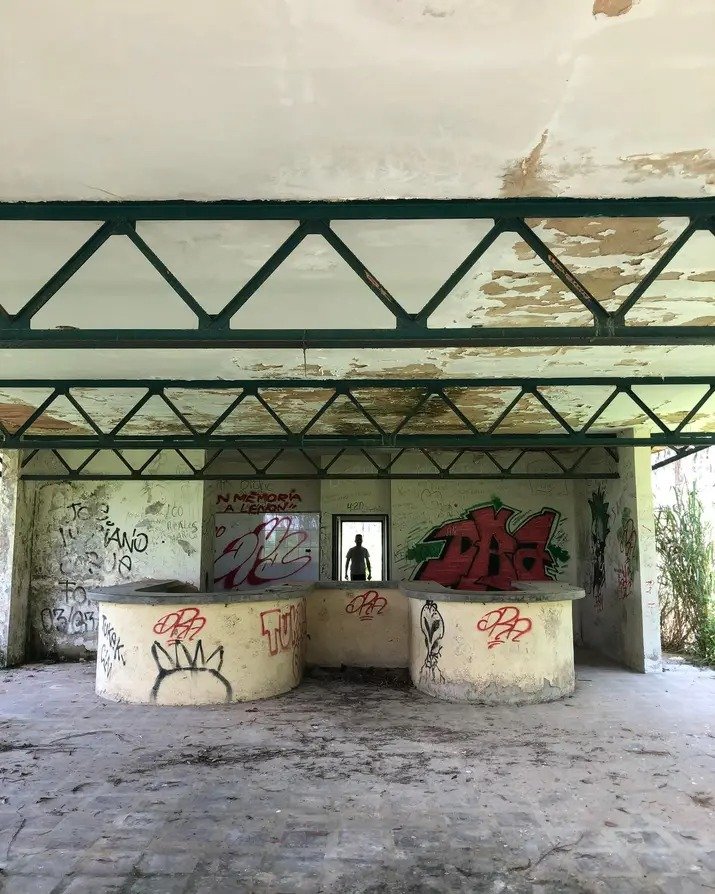
The whale painted on a board sat on a blanket of pink, absurd and calm in the same breath. Its scale is a joke against my daily problems, and also a kindness. I kept staring at the ridges under its jaw, imagining each line as a timeline where small unremarkable choices gather into shape. The animal does not race against appointments or measure worth in checklists. It carries a weight and moves anyway. Seeing it next to a ruined place felt like a lesson from a creature that never learned regret as a hobby. I envied that freedom and resented the envy at the same time. I touched the idea of permission without naming it aloud. The whale was not a teacher; it was a presence that refused my hurry, and presence felt like the only practice that might matter.
If I try to be honest, there is a constant bargain inside me that says survive now and thrive later. That bargain sounds reasonable until you test its fine print. Later arrives disguised and thin, wearing the same clothes the present wears. Sometimes the bargain costs a silence, a cancelled visit, words I swallow because I will be louder later. Sometimes it buys a promise that I forget as soon as habit returns. I have learned that patience can live with urgency without erasing it. I just want small proofs that I remember living: a dinner eaten standing, a stupid song sung alone, a conversation held without an agenda. I am learning how small acts of attention form a ledger of living, and those entries matter more than any postponed triumph now.
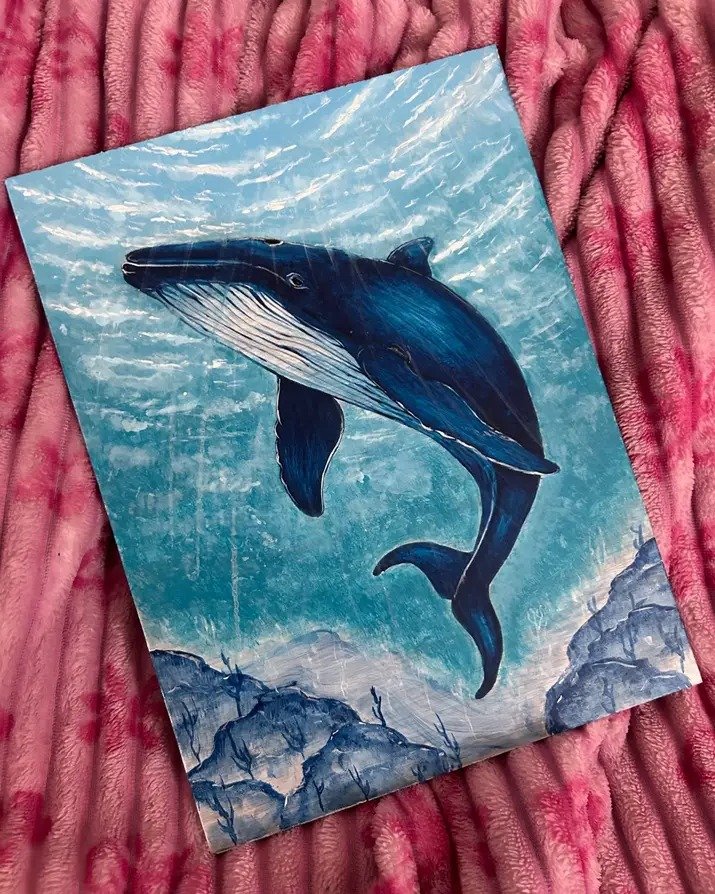
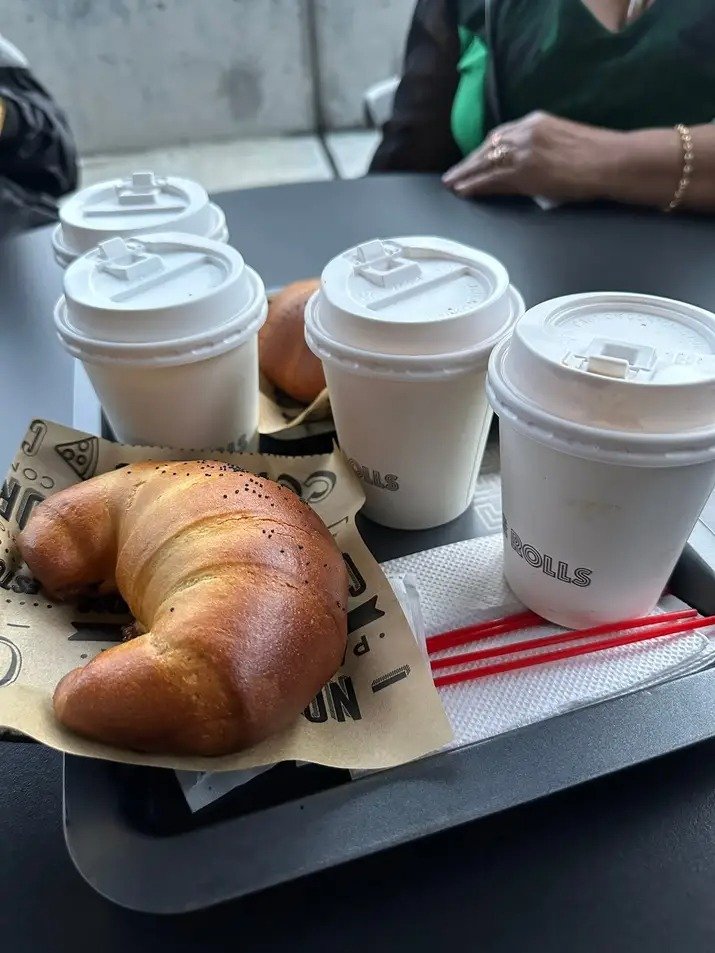
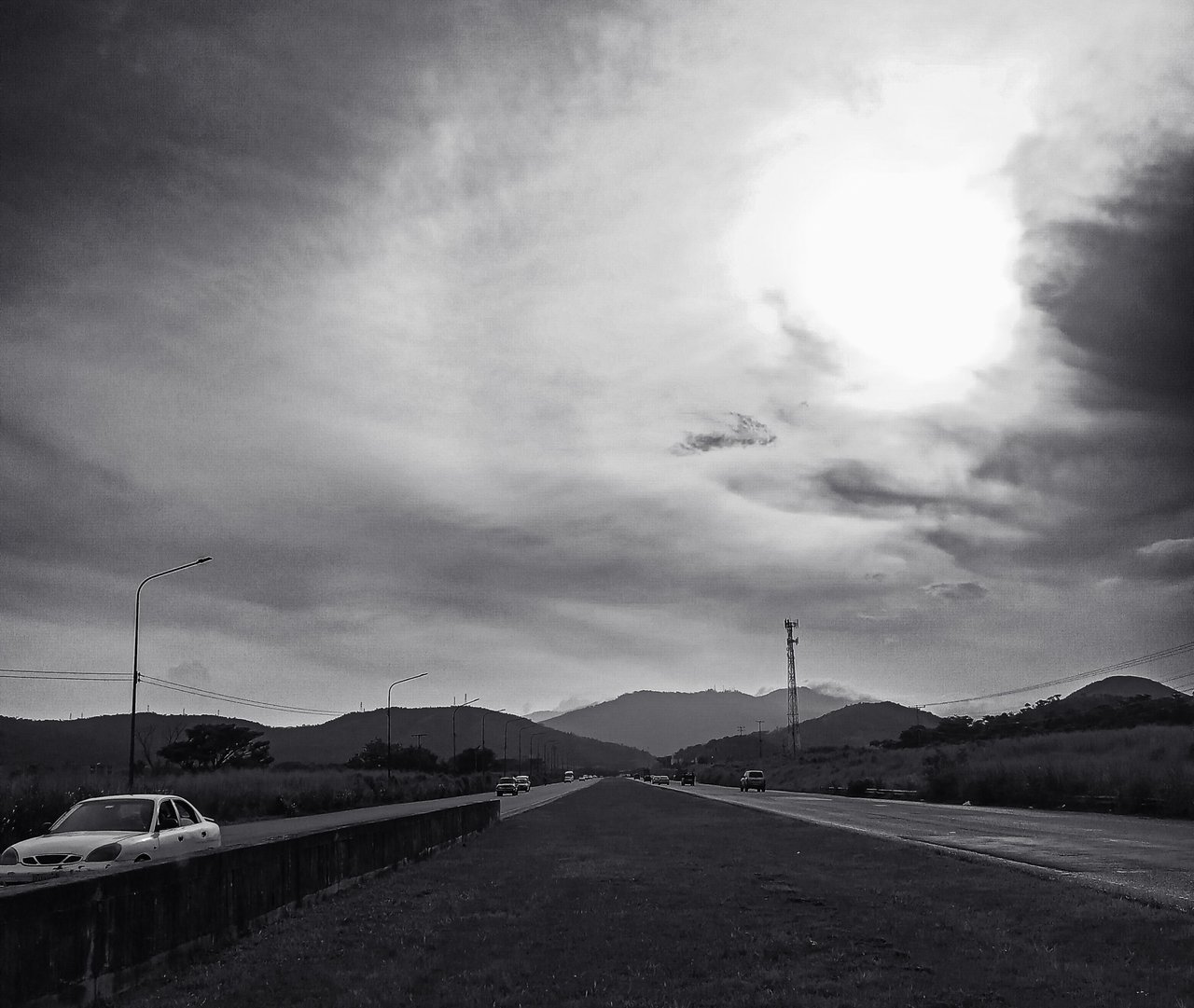
Maybe the question on the wall is not a threat but a permission slip. Maybe it gives me permission to pick a small thing and keep it, to stop banking life like it is currency devoted to some future I might never cash. The abandoned structure and the whale and the painted sentence partnered together, not in drama but in a quiet argument for presence. I do not have a heroic ending to promise. I have evenings that fold into mornings, a kid who still asks for a story, work that demands attention, and a heart that can forget its own feet. So I will try a tiny experiment: I will notice, clumsily and imperfectly, one thing at a time. If later is never, then at least I will have held something that belonged to this moment, one breath longer.

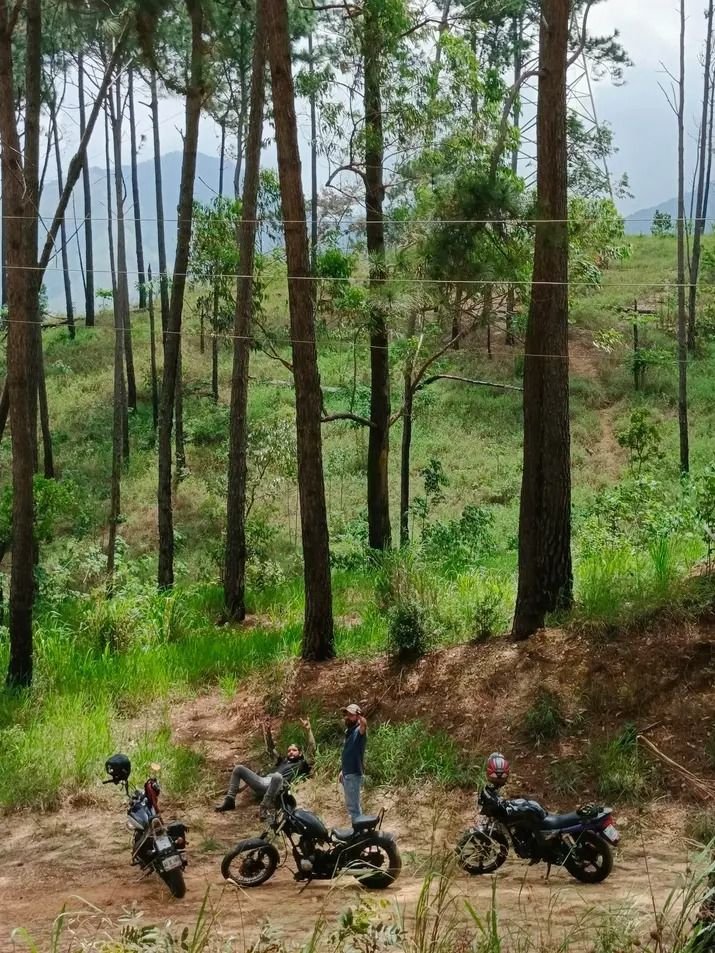
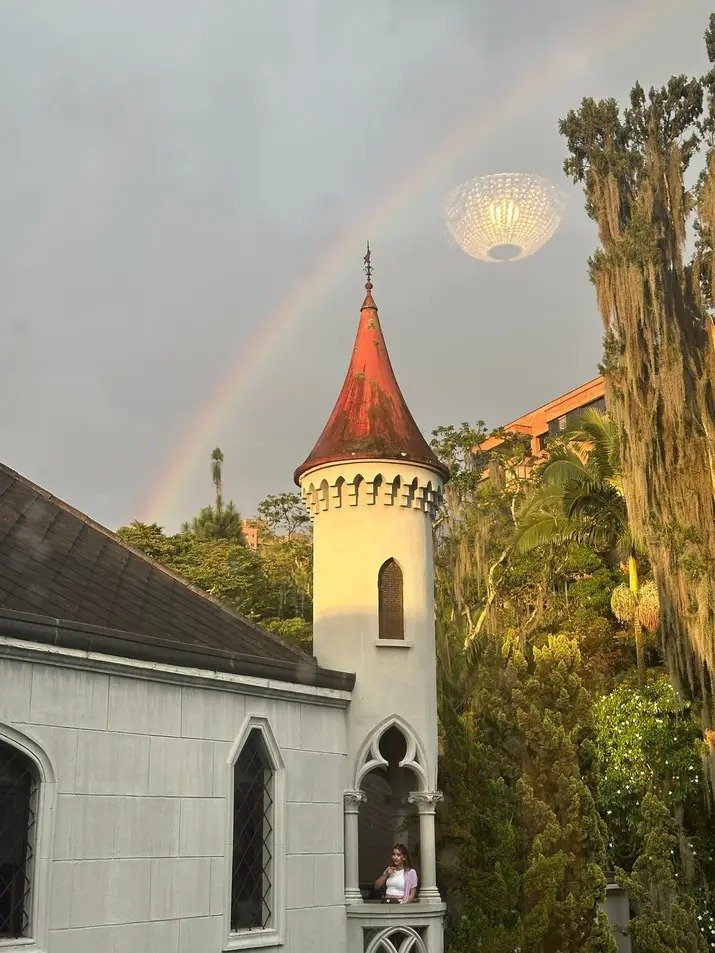
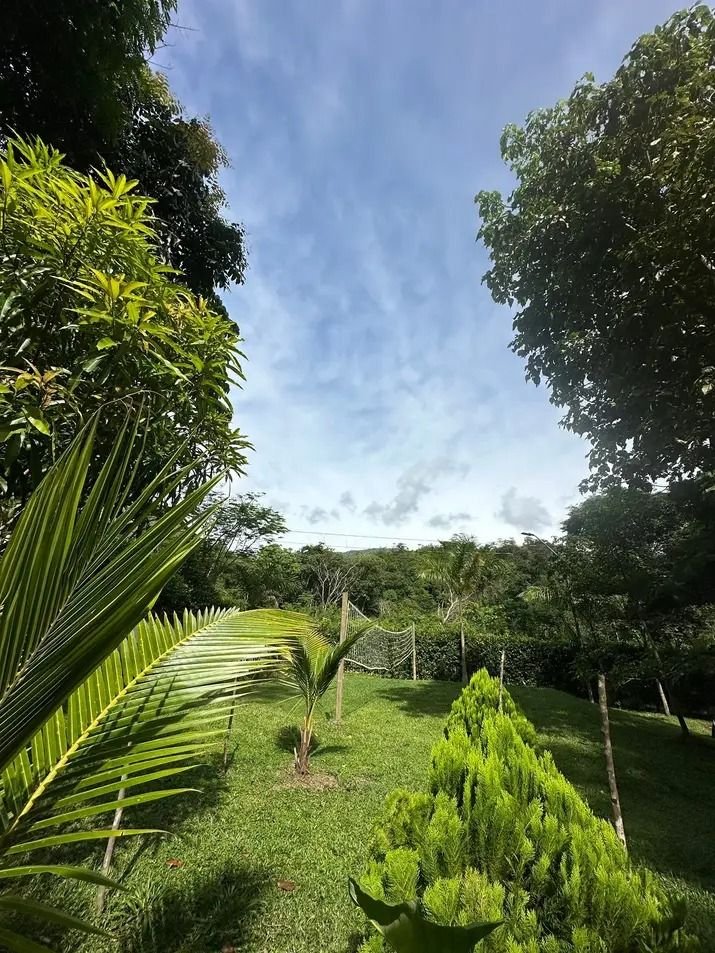
All photographs and content used in this post are my own. Therefore, they have been used under my permission and are my property.






















Comments